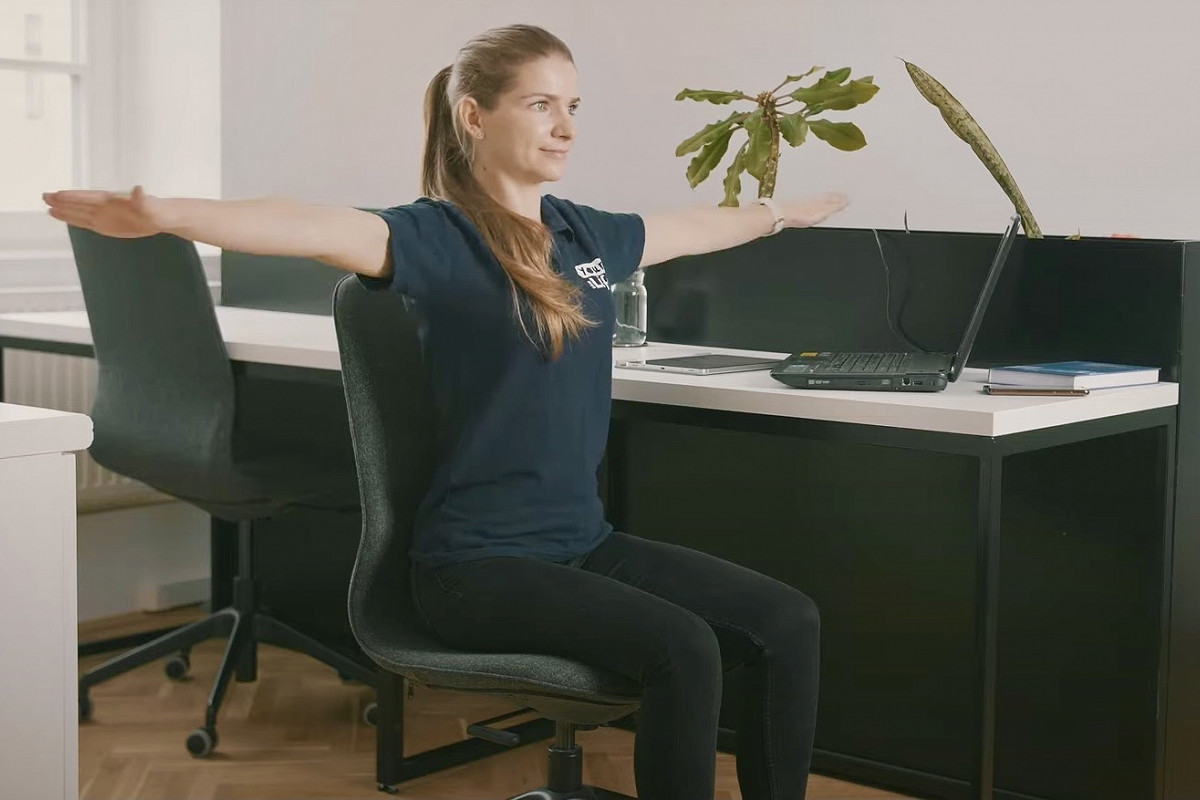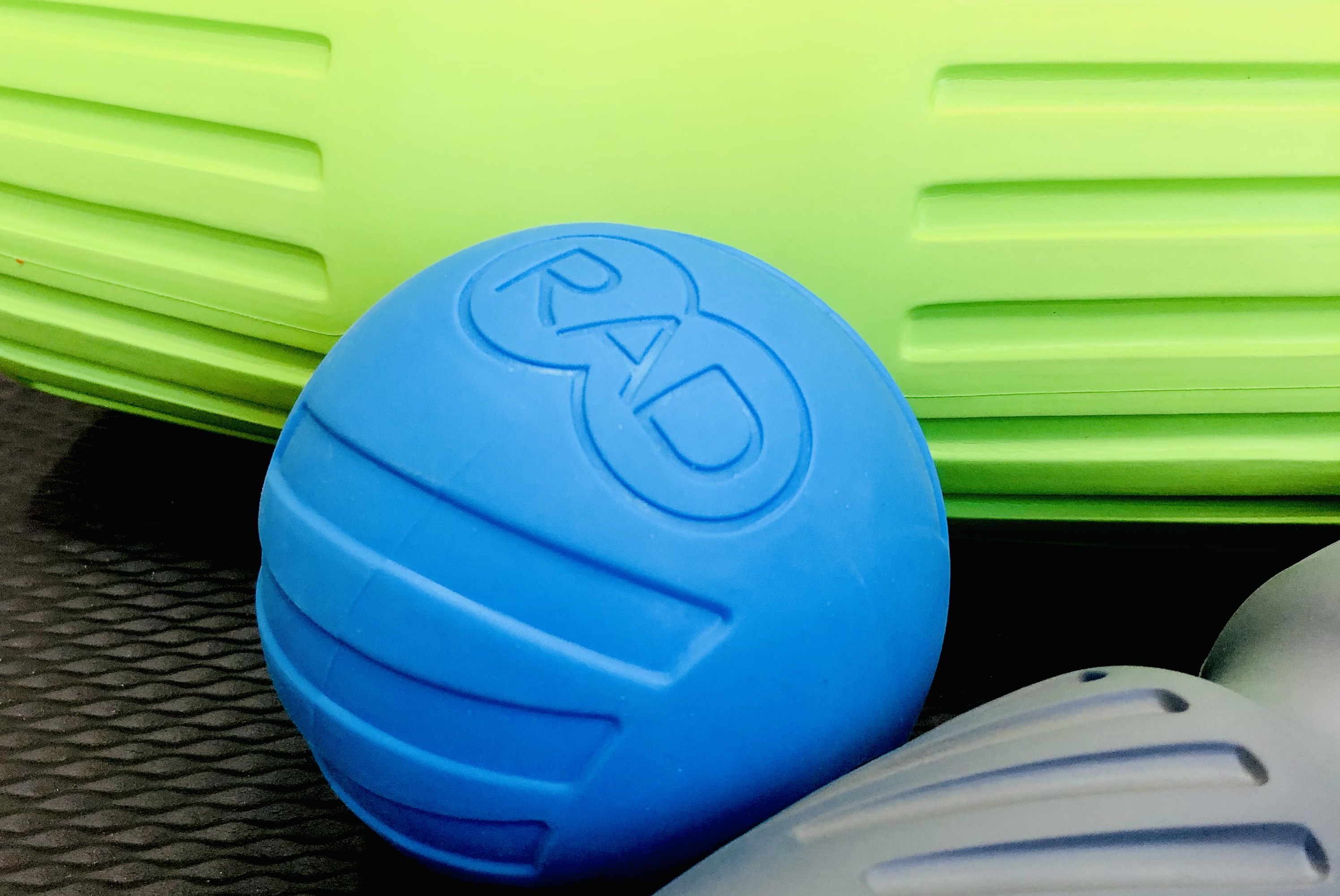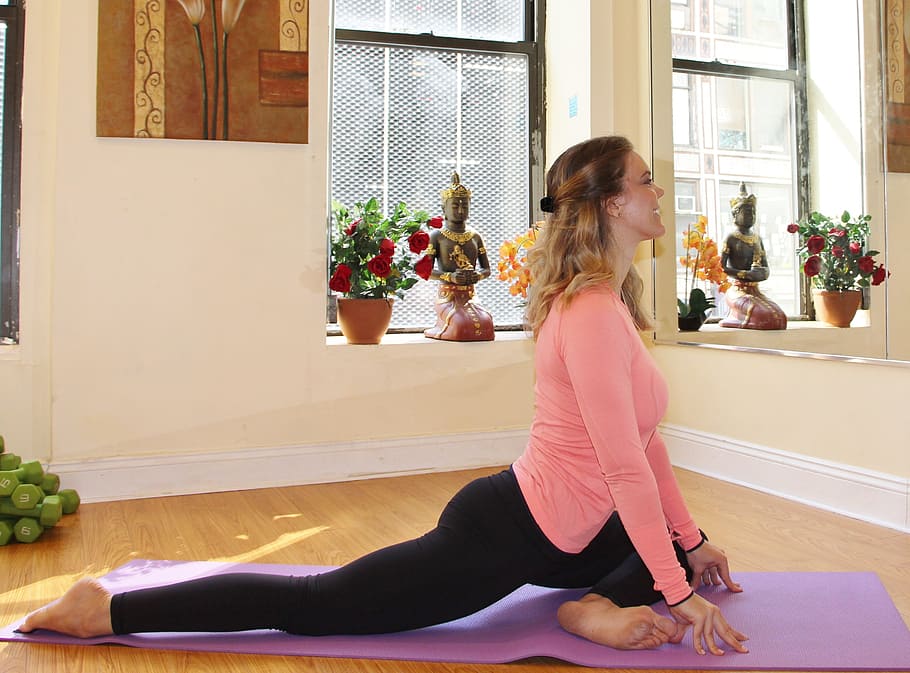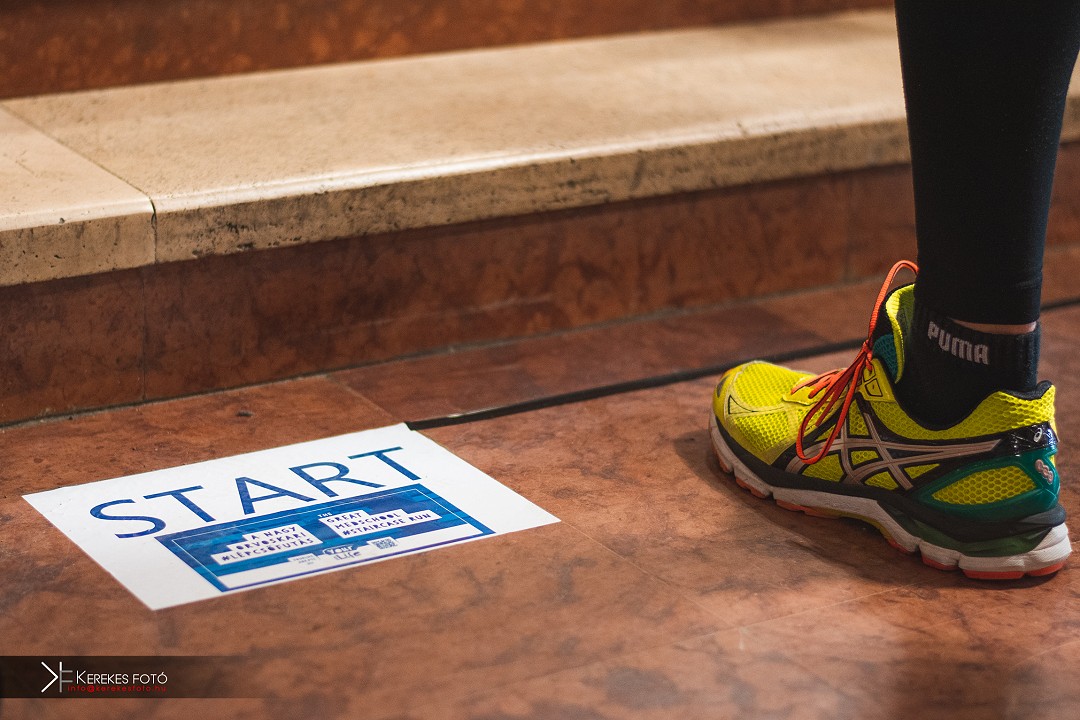Too Much Sitting Is Dangerous!

Sadly, we have been forced to spend most of our time indoors for more than a year with some periods of lesser or greater freedom. In other words, we have had to spend most of the days sitting at home, paradoxically, for the very reason of protecting our ourselves, our health. The more time we spend sitting, however, the lesser the chances for a healthy life. In the current situation, the lucky ones can do their work in home office or continue their studies online; comfortable and safe as though it may seem these solutions actually aggravate the problem.
Sitting jobs equal the risks linked to smoking. Is this too strong a claim? The fact that smoking has numerous harmful consequences is well-known, but the idea that sitting jobs or spending too much time sitting can also damage our health in several ways is not so easy to understand and accept. Prolonged sitting slows down circulation, thus the brain gets less oxygen and consequently, mental processes may also slow down and suffer some harm. Similarly, the gastrointestinal flora may lose its balance as a result of the slower metabolism, toxic substances accumulate causing indigestion, bloating and constipation – eventually contributing to obesity. Taking a closer look, this is a vicious circle that finally results in obesity that will trigger the development of cardiovascular diseases, diabetes, weaker immune system and may also be linked to depressive symptomatology. Typically, it is locomotor problems that appear first, spinal problems: calcification, hernias, disc injuries, changes to the normal curvature, lumbago are the most common together with arthrosis and pain. A further danger posed by too much sitting is the stooping of the neck and letting the head forward when sitting in front of a computer screen for example. Sitting in this position makes breathing more difficult. Due to the wrong position of the head, muscles of the neck tighten (eg. the trapezius muscle) resulting in shoulder and neck pain, and even disorders of the shoulder joint or jaw, and head ache in the long run. Compared to standing, the burden on vertebral discs is double when sitting which may be the source of hernias and several spinal disorders. Besides locomotor complaints, sedentary jobs negatively impact the functioning of the inner organs and the vascular system as well. Staying physically active is the best and most important thing you can do. According to a study conducted by the Mayo Clinic with the inclusion of 1 million participants, too much sitting can be compensated by about 60-75 minutes of moderate exercise. Prolonged periods of sitting has been found to be associated with health risks equal to smoking or obesity (Sitting risks: How harmful is too much sitting? - Mayo Clinic).
The best advice therefore is to interrupt sitting with some exercise: if you have to spend most of your days sitting because you study or simply due to lockdown it is important that you stand up at least once every hour and do some simple exercises (everyone deserves 10 minutes of rest after every 50 minute of sitting in front of a computer, it is also important for preserving the health of your eyes to discontinue watching computer screens while studying or working online). Some exercises can also be done sitting that can nevertheless keep your muscles active. Remember to repeat the exercises and to take deep breaths while doing them! In the videos below, two expert physiotherapists, Adrienn Hanzel and Végh Anett, show some useful and effective exercises. Both videos are available in Hungarian. The exercise programme held by Adrienn is available in German and Anett’s video has an English language version. By joining either of our experts online you can do a lot to stay fit and healthy while staying at home. Find videos here.
Meet our experts:
„My name is Anett Végh, I’m a physiotherapist. The area I’m mostly interested in is gynaecological physiotherapy, pregnant gymnastics and post-delivery rehabilitation, perineal exercise training but you may also consult me if you experience :
- any type of locomotor pain,
- muscle or joint pain,
- if you need rehabilitation after injury or surgery,
- if you’re just looking for some exercise to compensate for the lack of physical activity created by the current online education system or if you are planning to join some group exercise training but you think you would need to prepare beforehand. Physiotherapy sessions I offer may also include therapeutic massage, FDM technique, cupping, lymphatic massage, scar massage therapy and teaching foam roller therapy.”
„My name is Dr.Adrienn Hanzel, PhD, physiotherapist and certified public health expert. My work mainly involves assisting the rehabilitation of patients after injury, patients with locomotor symptoms and I also offer various preventive exercise programmes. Further regular sessions I offer include:
- spine gymnastics (recommended to prevent various spinal disorders and for the treatment of certain types of deformity)
- exercises to improve posture (to prevent the development of dystonia triggered by sedentary jobs by strengthening and relaxing the affected muscles)
- body shaping exercises (to help achieve the ideal body weight and to prevent the development of comorbidities related to higher BMI)
- preventive exercises (aimed at helping to cope with everyday stresses and it can also help prevent or delay certain conditions eg. osteoporosis)
- consultation for locomotor disorders including status evaluation (patients are informed about the type of disorder they are having, the underlying causes and therapeutic options)
Additional manual methods I use include the FDM technique, flossing and kinesio therapies.”
Gábor Szabó, Pécs 16.03.2021.


